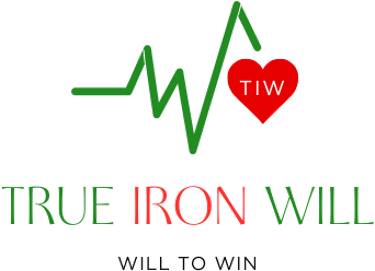Can Plant-Forward Diets Lower Cancer Risk? Findings from a Landmark Study
Will Loiseau
10/30/20242 min read


A landmark meta-analysis published in 2022 in the Frontiers of Public Health journal uncovered compelling evidence on the protective effects of plant-based diets against a range of digestive cancers. This comprehensive review, synthesizing data from over 3 million adults across multiple cohort studies, paints a clear picture of the substantial benefits a plant-forward lifestyle can offer for digestive health.
The study defined a "plant-based diet" as one that excludes meat, seafood, and other animal products, while emphasizing the consumption of fruits, vegetables, legumes, nuts, and seeds. Researchers from Shandong University of Traditional Chinese Medicine examined the impact of this dietary pattern on various digestive cancers, including liver, esophageal, gastric, and colorectal.
The results were remarkable: Individuals adhering to a plant-based diet showed a statistically significant 40% lower risk of developing both gastric and colorectal cancers compared to those following conventional diets. This risk reduction remained strong even after accounting for confounding factors like age, smoking status, and other lifestyle variables.
Interestingly, the protective effects extended beyond just these two cancer types. The meta-analysis also found a link between plant-based diets and a lower incidence of pancreatic, liver, and esophageal cancers in cohort studies. Case-control studies further corroborated these findings, showing similar associations between plant-based eating and reduced risks for pancreatic, gastric, pharyngolaryngeal, and liver cancers.
The mechanisms underlying these benefits are multifaceted. Plant-based diets tend to be high in fiber, which supports a healthy gut microbiome and can have anti-inflammatory effects. They also provide an abundance of antioxidants and phytochemicals that may help neutralize carcinogenic compounds. Additionally, the reduced exposure to potentially carcinogenic substances found in processed and red meats likely plays a role in the observed cancer risk reductions.
Conversely, the research highlights the heightened risks posed by certain dietary factors. Red and processed meats, for instance, have been increasingly linked to various digestive cancers. The World Health Organization even classifies processed meats as Group 1 carcinogens, directly associated with colorectal, pancreatic, and prostate cancers. Similarly, ultra-processed foods, especially processed meats, have been shown to increase colorectal cancer risk in men by up to 29%.
As a Healthspan Optimization Strategist, I'm thrilled to share these impactful findings on the cancer-preventive benefits of plant-based eating. By making simple dietary shifts towards whole, plant-rich foods, individuals can significantly reduce their risk of developing devastating medical setbacks.
Start Your Transformative Journey Today
© 2026 True Iron Will LLC. All Rights Reserved .
Mailing Address:
1317 Edgewater Drive #1297
Orlando, FL 32804
TrueIronWill1@gmail.com
